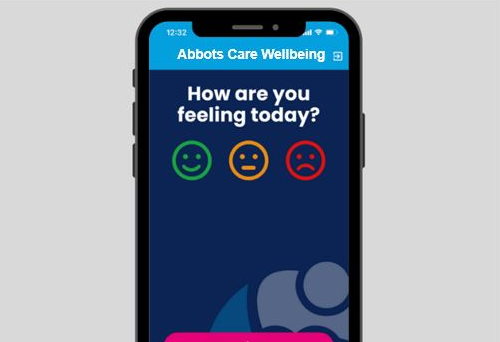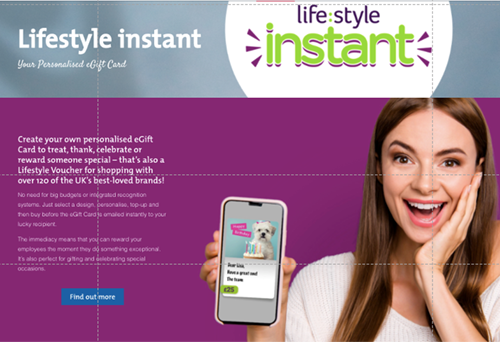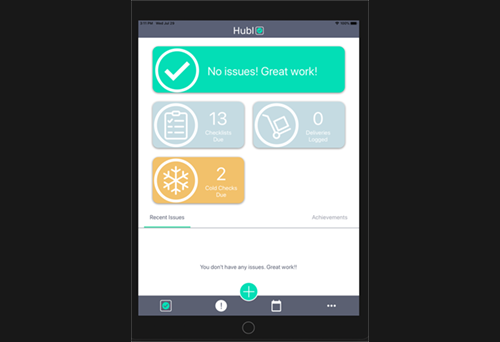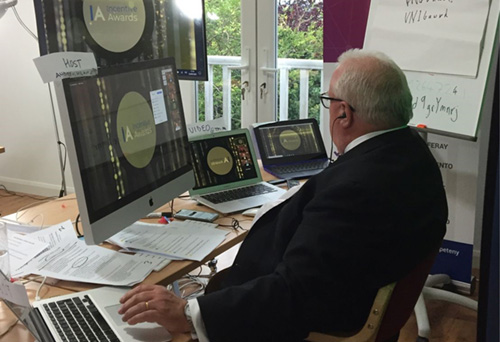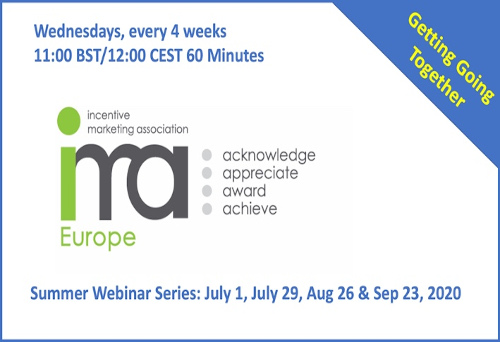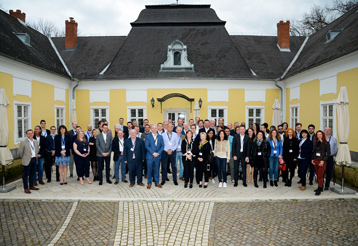jún. 3, 2014
Reward Programmes & Public Social Networks

Public social networks like Facebook & linkedin are everywhere right now in the workplace. The average Smartphone user checks Facebook 14 times a day. On average these were 18-44 year olds and the only thing they did more often was text. Twitter is very popular, with 500 million tweets a day being sent out in October 2012 according to Twitter CEO Dick Costolo.
Whilst many people admit to logging in on these networks throughout the day whilst at work, most people wouldn’t want to have their boss on Facebook and they certainly wouldn’t want their boss posting on to their wall about anything work related. Posting to someone congratulating them on their promotion wouldn’t be appropriate for a user who doesn’t want their friends knowing their financial situation for example.
The most popular work related public social network is LinkedIn. It is 10 years old and has 200 million users worldwide, and according to visual.ly, over 10 million endorsements are given daily. When on the LinkedIn page, the site prompts you to endorse contacts for skills they have listed and in turn they often choose to endorse people in return. You can also use the site to write recommendations about people you have worked with, allowing them to build a kind of online CV. This feature could be used by employers, allowing them to write a recommendation for a top performing employee, or they could endorse them for new skills they have developed. With 2 new members joining every second and 81% of users belonging to at least one group, this is a very popular platform to meet and link up with people in your industry and a great place to reward and endorse employees to showcase them at their best.
Below are some do’s and don’ts on how to make social network channels work to your advantage:
Do:
- Endorse your colleagues
- Recommend people you work with
- Use LinkedIn to announce major milestones such as employee of the year/ month and success milestones
- Use Facebook fan pages or twitter pages to thank customers for their feedback
- Do train customer care staff posting public answers must be properly trained with clearly delineated authority
- Use twitter for trade public level announcements
Don’t:
- Don’t use LinkedIn for minor elements of recognition
- Don’t use LinkedIn for anything you wouldn’t want to be made public
- Don’t treat Twitter like a chat by the water cooler. Don’t post anything onto twitter you wouldn’t want published about yourself on the front page of a newspaper. Once it is said, it won’t go away.
- Don’t use Facebook for employee recognition at all – it’s too personal a forum
- Don’t post anything to LinkedIn for anything that could be useful for competitors
- Don’t put anything personally confidential on twitter than a competitor would find helpful or would benefit their business.
Legkeresettebb
-
jún. 14, 2016
P92 sponsored IMA Drinks Reception at PayExpo
-
dec. 10, 2015
P92 attended IMA Europe December meeting in Bruges
Legutóbbi blogok
-
jún. 1, 2023
Toll Management System
-
jún. 8, 2021
Staff Wellbeing App for an award-winning UK based Quality Home Care & Support Services Provider
-
okt. 15, 2020
Business Gifting Web App for Motivates Inc
-
okt. 15, 2020
Food Safety Workplace Tablet App
-
okt. 15, 2020
Andrew Wilmot secures IMA Europe President's Award
-
okt. 15, 2020
P92 Facilitates the Incentive Awards
-
jún. 26, 2020
P92 facilitates trade association webinar series for IMA Europe
-
márc. 3, 2020
Peter Szilagyi from P92 appointed to the IMA Europe Council
-
ápr. 17, 2019
IMA Conference a great success at Pronay Castle
-
márc. 20, 2019
P92 sponsoring IMA Europe’s Budapest Conference




